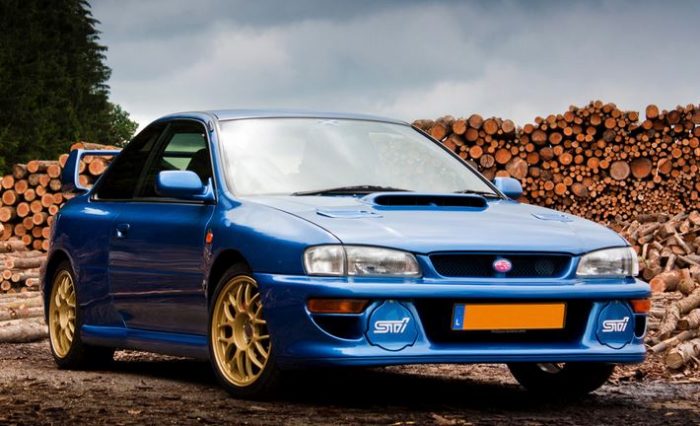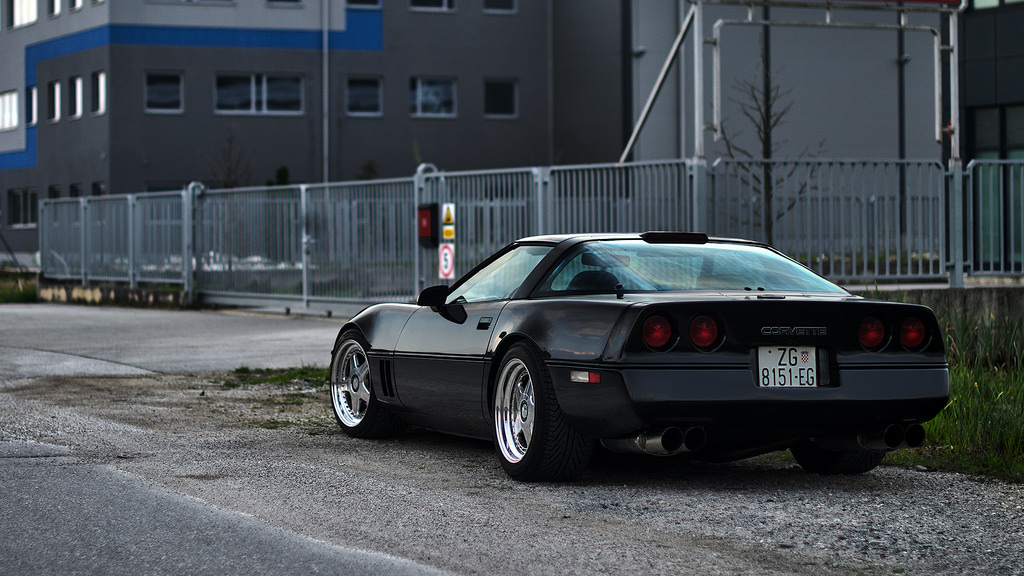We all have that friend with an uncle who has a classic car. Maybe it’s a C2 Corvette or a ’69 Volkswagen Vanagon. Whatever it is, it’s old. And while we might not completely understand the attachment to the old piece of kit, we still appreciate the essence of passionate vehicle ownership. Why does he never drive it? Shouldn’t he sell it while it’s worth something? Aren’t there much faster, more recent cars he could own instead?
Perhaps this question could only be answered by experience itself. There are those iconic cars for every generation. Cars that become a status symbol to own, shooting way past their original values. Hopefully, you can secure that dream classic car to restore it and enjoy it for years to come. But what will be Generation Y’s Chevrolet Chevelle? What will replace the glory of classic cars from the 60s?
Look for what everyone likes
One approach to future classic buying is to find the cars that strike strong response from car enthusiasts today. Cars that are iconic and stand out from the crowd. Subaru 22B. Focus ST/RS. Mid-engine Corvette if the rumors are true. Classic car investment buyers must be adept at reading the used car market to see which used cars are steadily rising in value. Mid-90s Subarus are rather unlikely to tank in value. The 22B’s rally champion fame will be forever branded into the gearhead Millennial’s psyche. The Focus ST sold like hotcakes when it was released. The advantage of purchasing a car that younger folk have a strong recognition (even emotional attachment) will likely be a valuable machine further down the road.
Recognize a trend
Specifically when it comes to a model that has been around for a long time. At one point, the C2 Corvette was at the bottom of the depreciation bin. Now, it’s the C4. The 996 Porsche is currently the cheapest one can buy a 911. It’s a safe bet to say that they’ll appreciate in value eventually, especially examples with IMS bearing replacements. This trend can already be observed, with clean examples of 996 911s going for decent sums of money.
Get what you like
Or hold on to what you already have. Make it a labor of love. Enjoy your car, and understand someday that you’ll wish you never sold it. If your car makes every drive feel like a new one, you might have one worth holding on to. On the flip side, don’t hang onto cars only because you love them. Know when to let go and when to hold on. Consider storage solutions for cars that you may need to hold on to.
Let us know in the comments how you think the classic car market will look, say, 40 years from today. What models should you be on the lookout for? What’s currently appreciating in value? What cars from our childhoods are going to live on into the rest of our adulthood? The greatest tuners and motorsport heroes will no doubt live on, hopefully overshadowing Tesla in the realm of the future classics.






Leave a reply